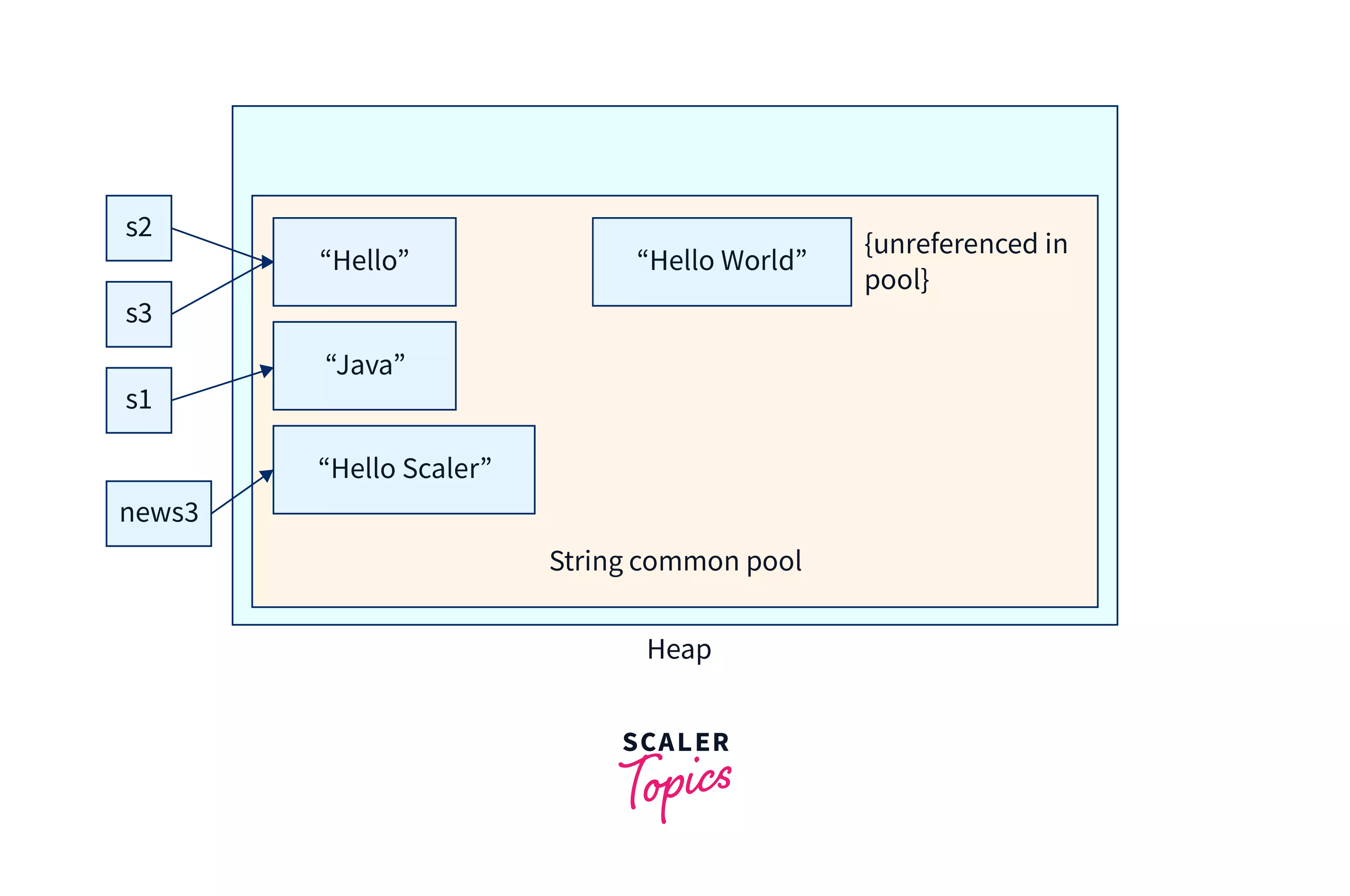Unalterable Strings: A Key Part in Ensuring Data Uniformity and Dependability
In the world of data administration, the relevance of immutable strings can not be overemphasized. These constant sequences of personalities play a pivotal function in upholding the stability and accuracy of information within systems. By preserving a state of immutability, information consistency is guaranteed, cultivating a structure of dependability upon which important procedures depend. The concept of unalterable strings transcends mere triviality; it is a cornerstone in the complex internet of information administration. As we explore the advantages, implementation strategies, and practical applications of immutable strings, a clearer picture emerges of their essential nature in safeguarding the electronic landscape.
The Concept of Unalterable Strings
Unalterable strings, an essential concept in shows, describe strings that can not be modified as soon as they are produced. Essentially, once a string value is appointed, any kind of procedure that appears to change the string really produces a new string. This immutability makes certain data consistency and reliability in applications, as it stops unforeseen changes to the original information.
Benefits in Data Uniformity

Information uniformity is vital in different aspects of software growth, including database monitoring, multi-threaded environments, and distributed systems (Why are strings immutable in Java?). Unalterable strings add dramatically to achieving this consistency by preventing data corruption as a result of concurrent access. In situations where several procedures or threads engage with the same data concurrently, unalterable strings act as a guard against race conditions and synchronization issues
Moreover, the immutability of strings streamlines debugging and testing procedures. With immutable strings, designers can trust that when a string is established, it will stay unmodified, making it much easier to trace the resource of mistakes and making sure that examination cases generate constant outcomes. This dependability in information dealing with ultimately results in more steady and robust applications.

Implementing Unalterable Strings
Ensuring the immutability of strings calls for a thoughtful strategy to their application in software application growth. One essential strategy is to create string classes in such a way that avoids modifications as soon as a string things is developed. By making strings unalterable, programmers can enhance data consistency and dependability in their applications.
To implement immutable strings successfully, developers should prefer developing new string things instead of changing existing ones. This method makes sure that as soon as a string is appointed a worth, it can not be altered. Furthermore, any type of operation that appears to change the string must create a new string with the wanted modifications instead of altering the initial.
Additionally, making use of immutable strings can simplify concurrency administration in multi-threaded settings. Because immutable strings can not be altered after development, they can be safely shared among multiple threads without the risk of information corruption.
Role in Integrity Assurance
In software program growth, the usage of unalterable strings plays a critical function in guaranteeing the dependability of information operations. Unalterable strings, as soon as created, can not be modified, making sure that see this website the data they stand for stays regular throughout the application's execution. This immutability home supplies a level of guarantee that the information being refined will not be unintentionally altered, leading to unexpected end results or mistakes in the system.
By integrating unalterable strings into software application style, designers can enhance the dependability of their applications by lessening the dangers related to mutable data - Why are strings immutable in Java?. Immutable strings aid in protecting against information corruption or unexpected adjustments, which can be particularly essential when handling delicate information or when data integrity is critical
Additionally, the use of immutable strings streamlines simultaneous processing, as numerous strings can securely accessibility and share string data without the threat of one thread altering the web content while another reads it. This aspect contributes considerably to the total discover here reliability of the software application system, making sure foreseeable and consistent behavior in information handling operations.
Applications and System Integration
The seamless integration of immutable strings into different applications and systems is essential for making certain durable data consistency and reliability throughout varied technical atmospheres - Why are strings immutable in Java?. Unalterable strings play a critical role in boosting the integrity of data exchanges and communications within facility software application ecosystems. By incorporating unalterable strings into applications, developers can minimize the risks associated with information tampering, unauthorized modifications, and unintended alterations, thus fortifying the overall protection stance of the system
Unalterable strings can enhance interoperability between diverse systems by providing a standard format for information representation, making it possible for extra efficient data handling and exchange procedures throughout interconnected platforms. By taking on unalterable strings in applications and system combination procedures, organizations can strengthen their data infrastructure and promote the dependability and uniformity of their info possessions.
Verdict
Finally, immutable strings play a crucial duty in keeping information consistency and integrity in numerous applications and system assimilations. link By making sure that strings can not be altered as soon as produced, the stability of data is maintained, minimizing the risk of errors and variances. Applying immutable strings can substantially enhance the reliability of systems, ultimately bring about even more reliable and exact data processing.

Comments on “Why Are Strings Immutable in Java? Security and Performance Benefits”